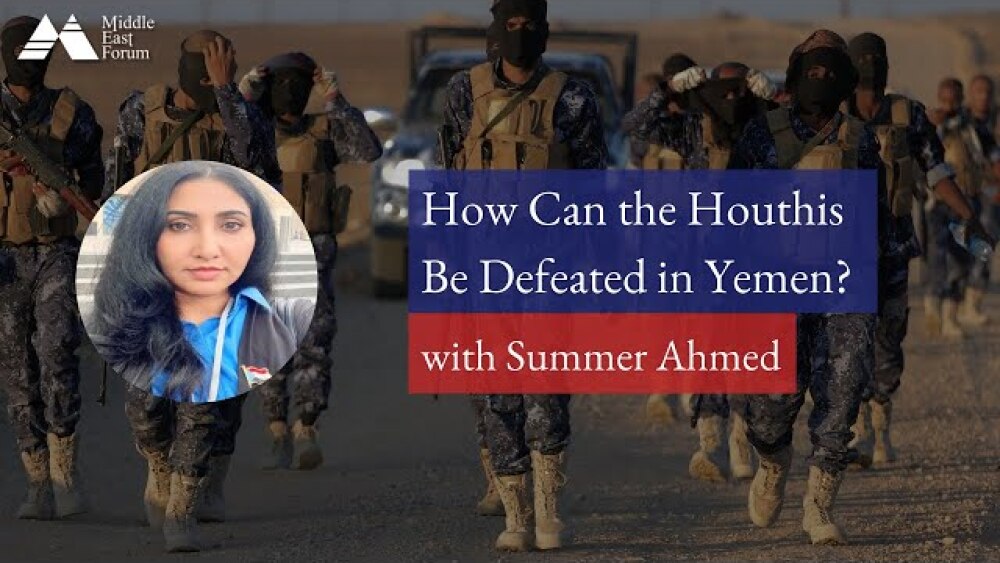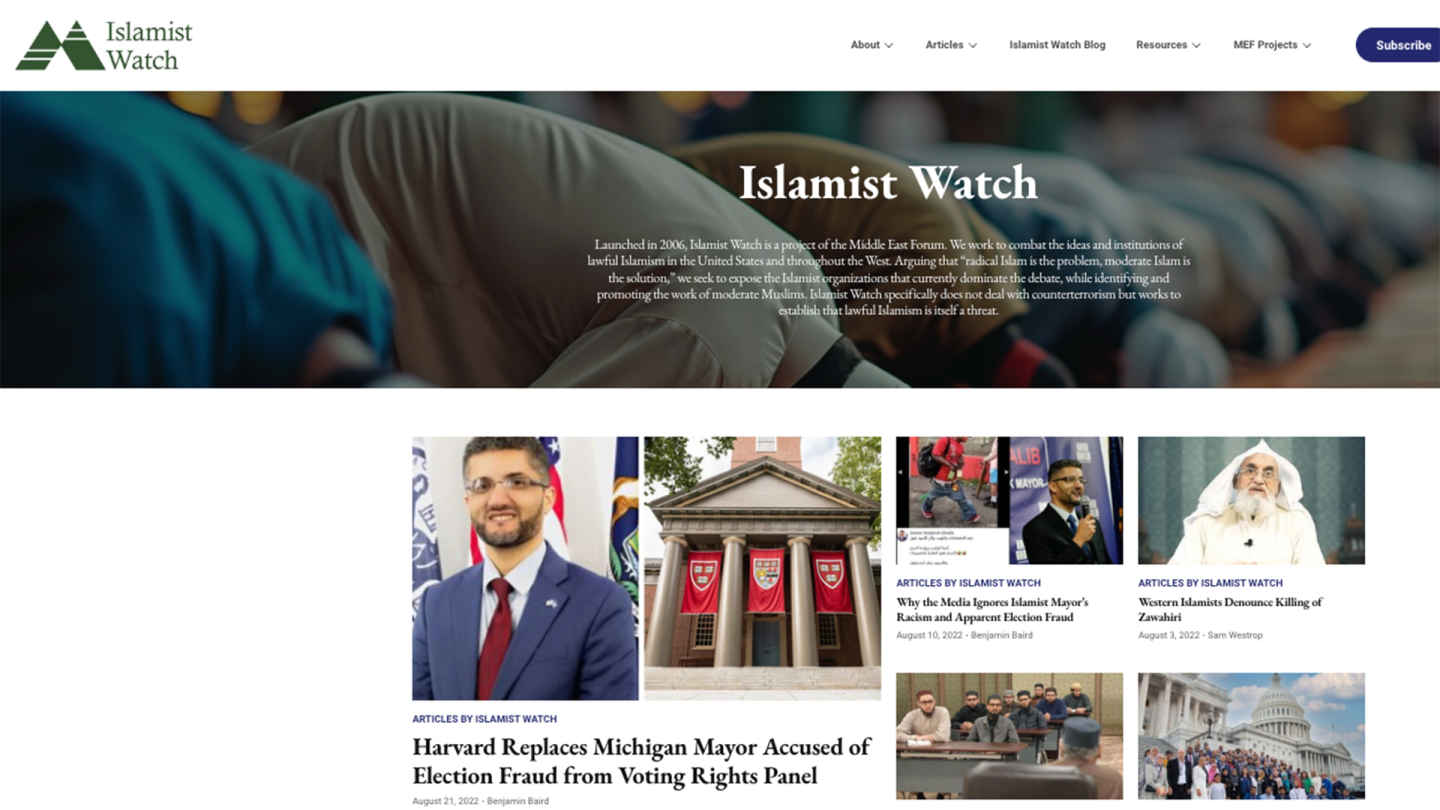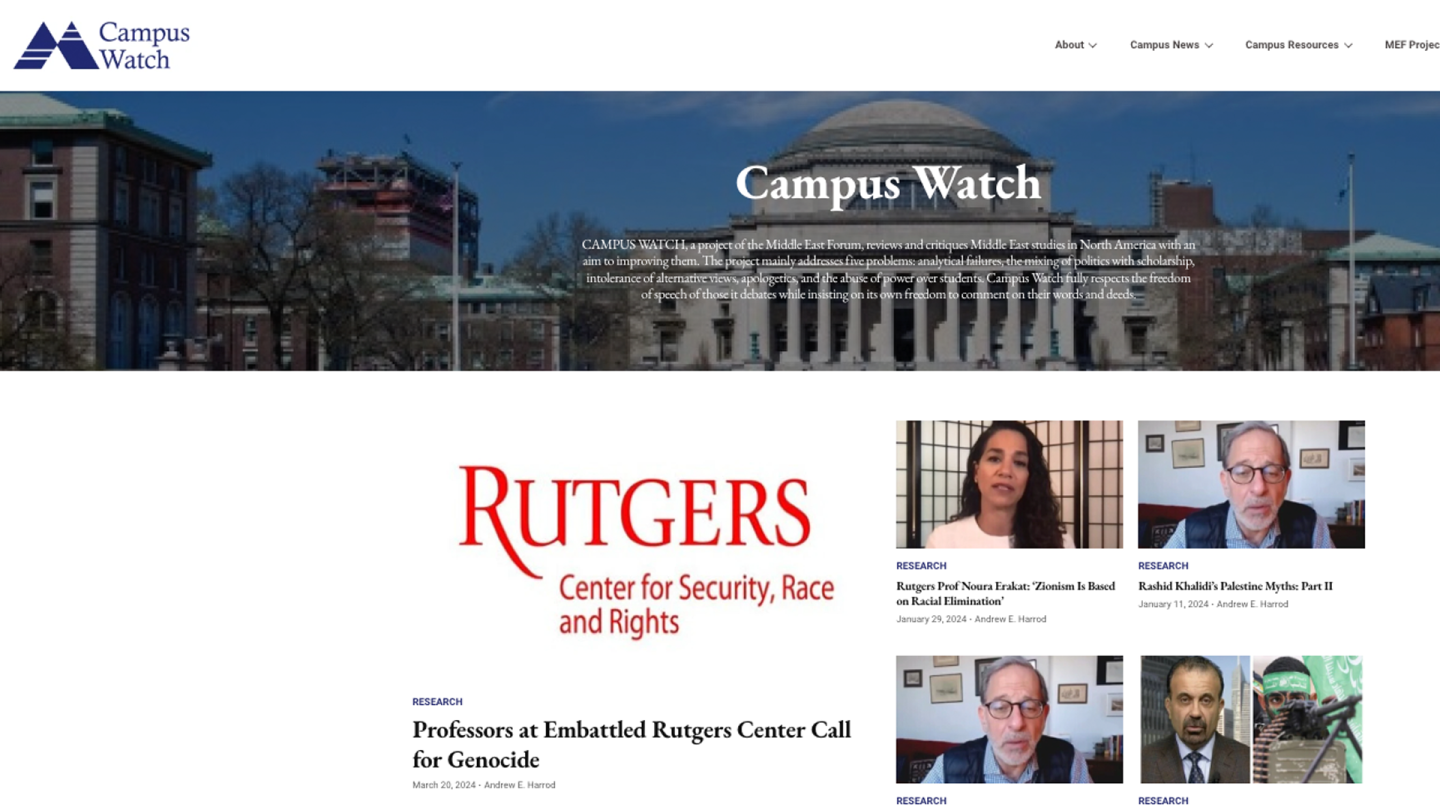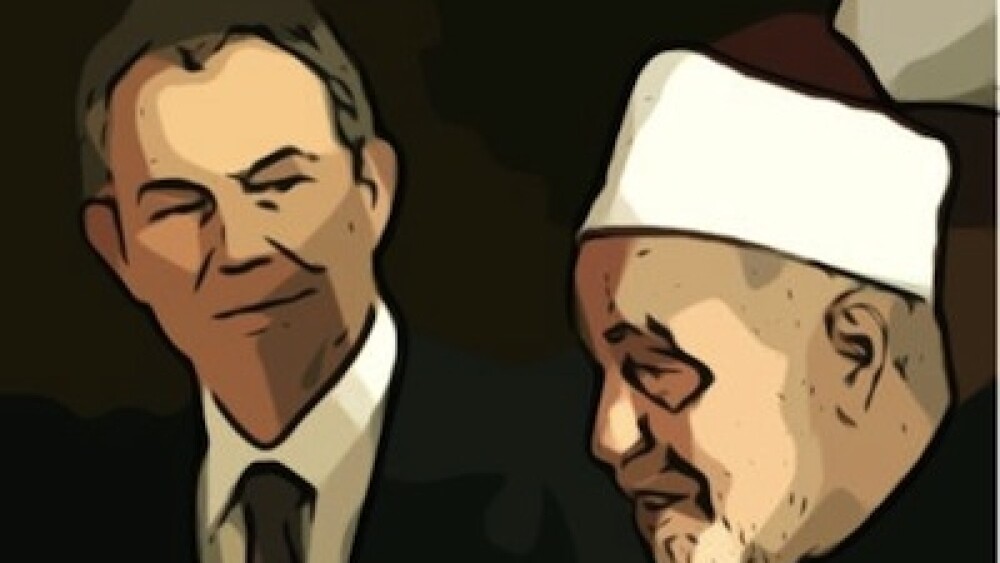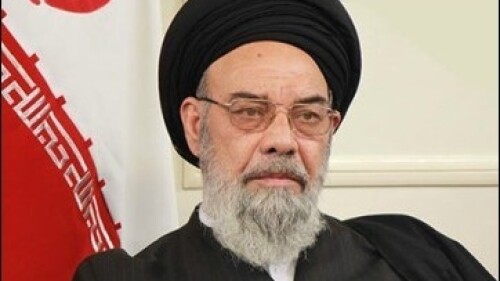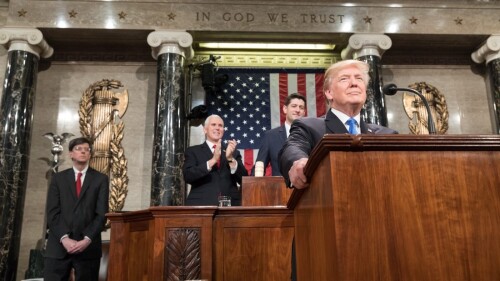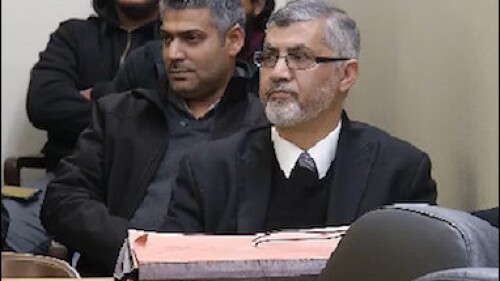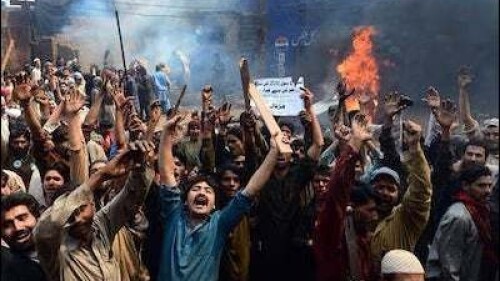As Turkey Expands Its Military Reach, Greece Should Prioritize Advanced Carrier-Killer Missiles to Safeguard Its Sovereignty and Regional Stability.
The Conversation Surrounding Foreign Influence in Education Must Shift From Passive Concern to Active Resistance Before It Is Too Late.
While Trump’s Second Term Views Foreign Policy as a Means to Advance American National Interests, the Kurds and Their Goal for Independence Have Become a Key Stabilizer in Regional Security.
Mapheze Ahmad Yousef Saleh, Daughter of a Senior Hamas Official, Is Married to a Hamas Apologist
New Delhi Must Realize How Different Today’s Geopolitical Realities Are from the Cold War Days
As Israel and Hamas Struggle to Extend Their Ceasefire, Cairo Is Emerging as the Unlikely Deal-Maker
As Syria Faces a Power Vacuum, ISIS Regroups and Expands Its Reach.
Misconduct Fits a Pro-Hamas Strategy That Involves a Logic of Suffering and Martyrdom
The Danger Is Not Just What This Administration’s Stance Might Mean for Ukraine, but the Rubicon Crossed in U.S. Foreign Policy
Spotlight: Building a New Middle East
It remains to be seen if the peace agreement for Gaza will hold, but it is evident a new power dynamic for the region will emerge from the rubble. How will that play out and who will benefit?
The Palestinian problem will likely continue to fester, but the coalition put together by President Trump to deal with it has a larger goal of regional peace and prosperity. Can the Gulf States, Turkey, Egypt and Israel forge stable relationships and trade goods and services rather than punches?
The Palestinian problem will likely continue to fester, but the coalition put together by President Trump to deal with it has a larger goal of regional peace and prosperity. Can the Gulf States, Turkey, Egypt and Israel forge stable relationships and trade goods and services rather than punches?
Middle East Quarterly - Current Issue
Founded in 1994 by Daniel Pipes, MEQ is the Middle East Forum’s journal intended for both scholars and the educated public. Policymakers, opinion-makers, academics, and journalists write for and read the Quarterly, which is known for exclusive interviews, in-depth historical articles, and book reviews on subjects ranging from archaeology to politics and on countries from Morocco to Iran.
Fall 2025 Volume 32: Number 4
Fall 2025 Volume 32: Number 4
-
Members of the Senate Committee on Foreign Relations Are Expected to Reject Amer Ghalib’s Nomination as Ambassador to Kuwait Following a Contentious Confirmation Hearing
-
The U.S. State Department Has Designated Four Iran-Backed Shi’a Militias as Foreign Terrorist Organizations, Following Years of Advocacy by the Middle East Forum
-
Middle East Forum Report Exposes Terror Ties Among Faculty as University Reels from President’s Resignation and $790M Federal Funding Freeze
-
The Islamist Group Is Currently Threatening Regional Security by Claiming They Can Now Reach Greece
-
Because of a Lack of Natural Resources, Suwayda, Where the Majority of Syrian Druze Live, Is the Most Impoverished Region in the Country
-
Turkey Aims to Establish Itself as a Sub-Regional Power to Fill the Void Left by a Weakened Russia and a Diminished Iran
-
Although the Majority of Americans Do Not Hold Antisemitic Views, 60 Percent of the College-Age Demographic Do
Middle East Forum Observer
Founded in 2024, the Observer provides rapid analysis on leading Middle East developments, from Marrakech to Mashhad and the Bab el-Mandeb to the Black Sea.
Launched in 2006, Islamist Watch is a project of the Middle East Forum. We work to combat the ideas and institutions of lawful Islamism in the United States and throughout the West. Arguing that “radical Islam is the problem, moderate Islam is the solution,” we seek to expose the Islamist organizations that currently dominate the debate, while identifying and promoting the work of moderate Muslims.
CAMPUS WATCH, a project of the Middle East Forum, reviews and critiques Middle East studies in North America with an aim to improving them. The project mainly addresses five problems: analytical failures, the mixing of politics with scholarship, intolerance of alternative views, apologetics, and the abuse of power over students. Campus Watch fully respects the freedom of speech of those it debates while insisting on its own freedom to comment on their words and deeds.































